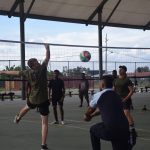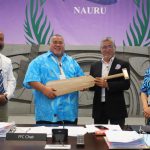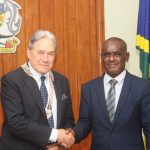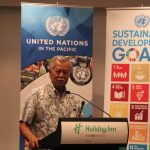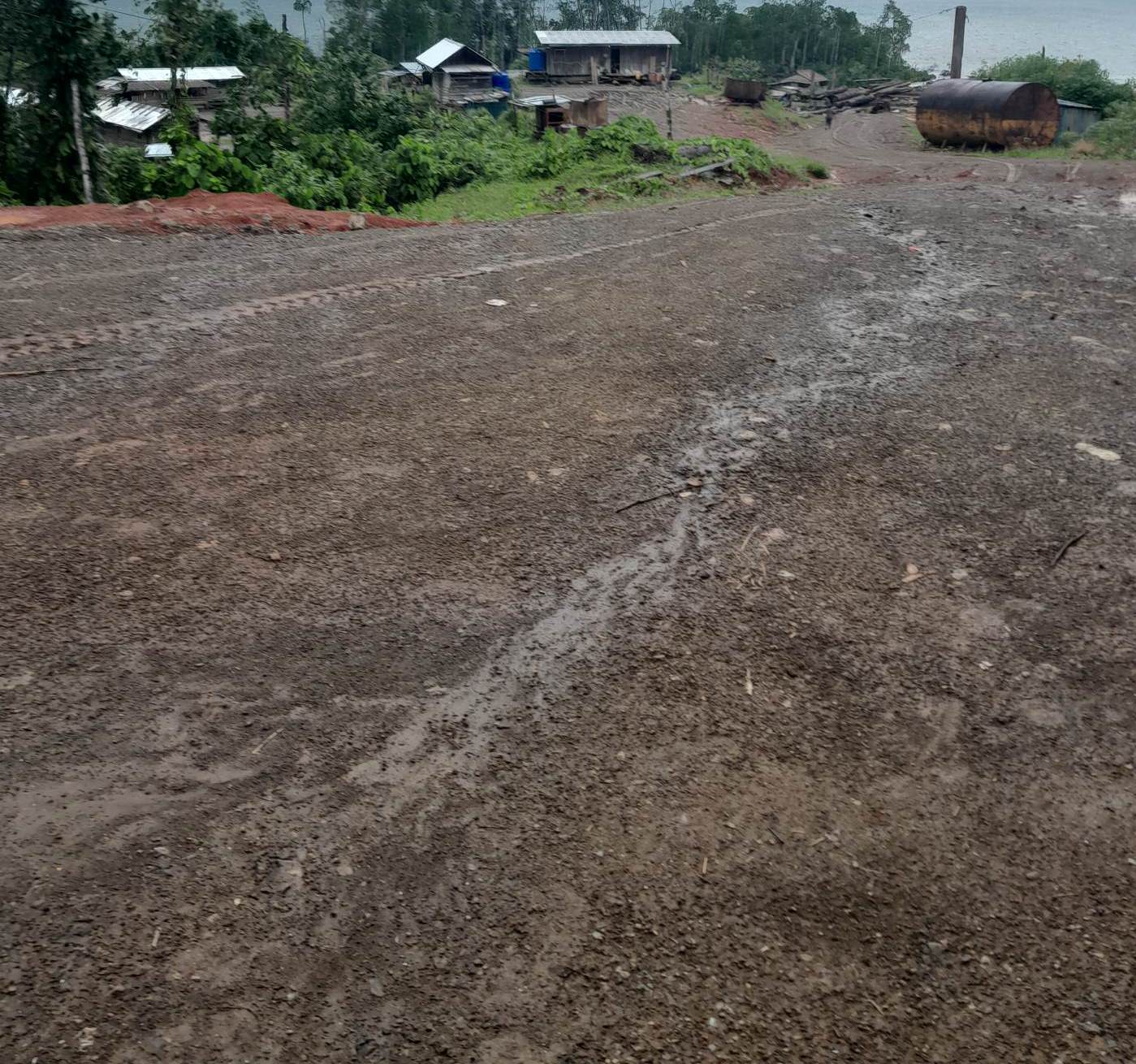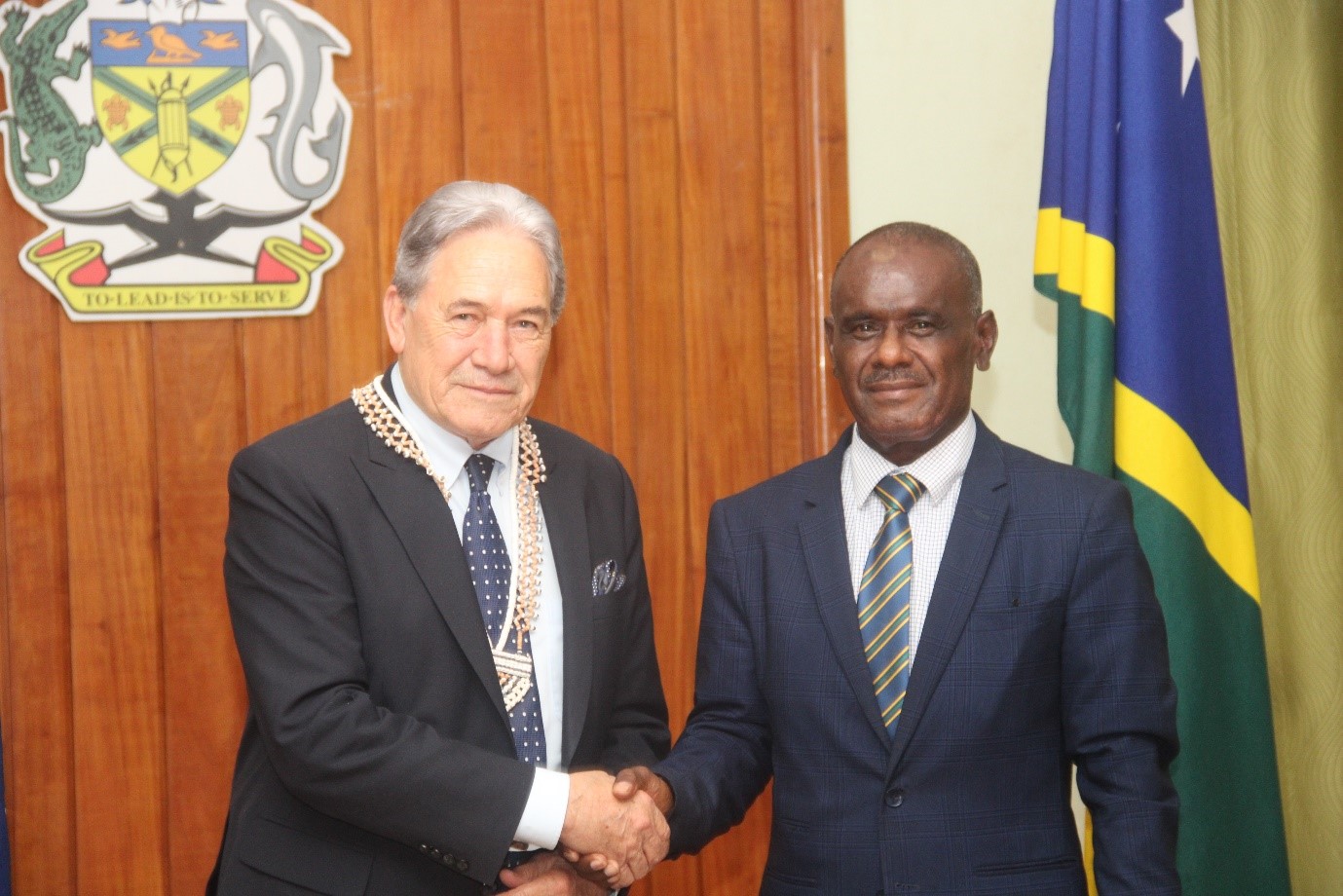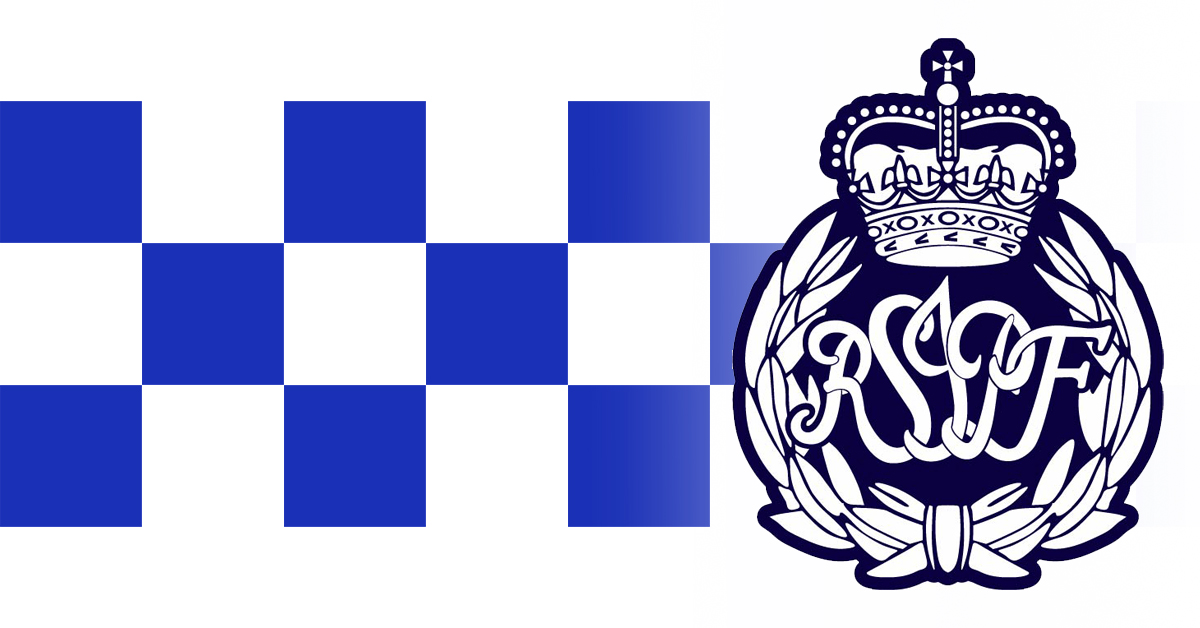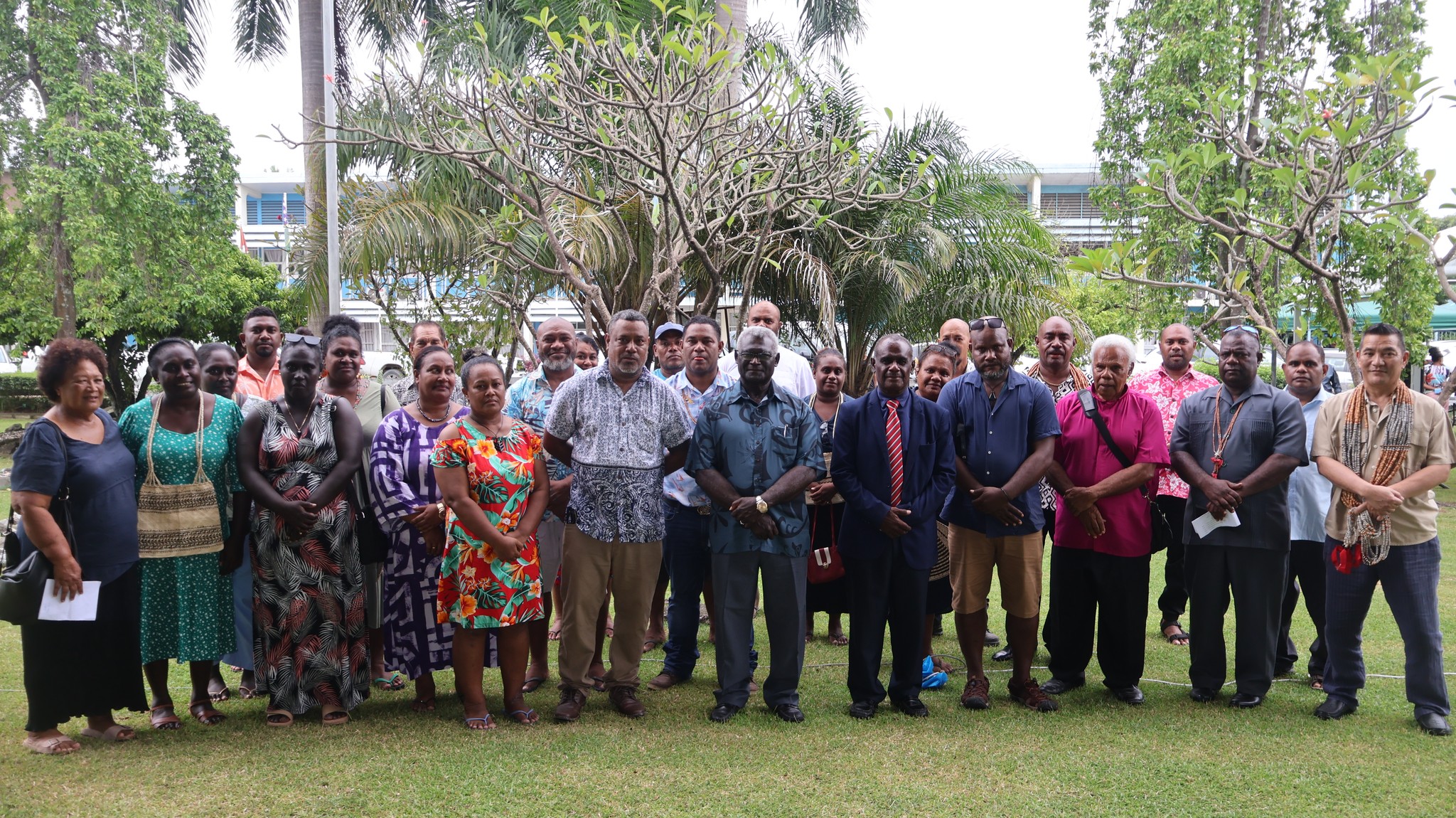TRAFFICKING in most parts of Isabel has not been a concern for families and relatives because of no awareness and education about what trafficking is.
The word human trafficking is a new word to most Isabellians living in the village. The United Nations definition of human trafficking is the recruitment, transportation, transfer, harbouring or receipt of people through force, fraud or deception, with the aim of exploiting them for profit. Men, women and children of all ages and from all backgrounds can become victims of this crime, which occurs in every region of the world.
Three girls being interviewed during a recent visit to a logging camp in Isabel said that they never heard of the word human trafficking.
The girls were year nine leavers between the ages of 14 and 16, after completing year 9 they stayed at home without any financial support to pay for their needs and wants.
“We stayed at home with our parents and we are struggling to earn an income to support us with our needs, so one day when one of the local who works at a logging called one of the girls, saying that a logger wanted a house-girl, we all agreed because we wanted a job that can earn us money and that was when we came to the logging camp work as house-girls and then later married to the logger.
“So when our parents heard that we married to the Asian logger, they never say anything because we support them with money and food”, the girls said.
The girls also said that other girls who married to loggers were not forced, they themselves went to the Camps and ask the loggers for marriage, because of money and wanted to improve their standard of living.
“We wanted money and the benefits from the loggers that’s why we marry them”, the girls said.
When asked whether they aware about that, such attitude and behavior they involved themselves in is against the law and also, that activity is a human trafficking activity, the girls said they were not aware of such law, because they never heard and being taught about human trafficking.
The girls also confirmed that they were also worried once the loggers left them when the operations ceases.
“We are also worried about our future and our children so, what we are doing now we asked our partners, to build us houses and help us operate a small business, so that is what we are doing”, girls said.
.Meanwhile Deputy Director Christopher Akosawa Immigration has highlighted has blamed the Islanders marriage Act (Cap.71) provided under age marriage, parent giving consent for under-age marriage, that the act has put challenge on authorities to investigate human trafficking domestically.
Thus according to Akosawa, the Immigration Act is not comprehensive enough to punish perpetrators. Immigration powers are limited to removing people from the country not to investigating and prosecuting criminal cases.
The Director of Public Prosecutions Rachel Olutimayin also revealed that the problem lies with gathering evidence to successfully prosecute.
“There is usually no evidence that the suspects received the girls from anyone, the evidence usually available is that the suspects met the girls when they were working as house maids in the logging camp and they consensually formed relationships.”
“Whilst there is always evidence that the suspects provided cash (compensation) and other goods to the complainants and their families, there is usually no evidence that this was in exchange for sexual exploitation”, DPP said.
She said for successful prosecution there should be timely reporting of the ncident to the Police, good evidence including photographs; video clips other forms of documentary evidence and also families and must cooperate with the police during investigation and prosecution of the cases.
However, for the situation to change families and their daughters in provinces like Isabel will need more awareness of what trafficking is and what the consequences are.


